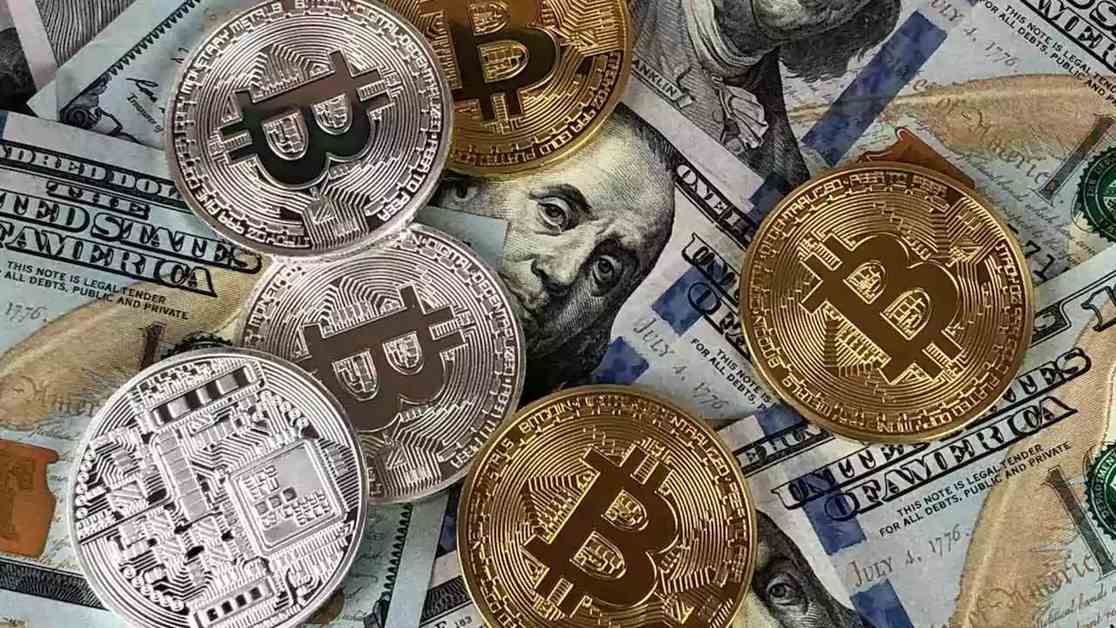Digital Currency: A Threat to Freedom?
Is digital money the future of financial transactions, promising greater security and convenience, or is it a tool for governments to control every aspect of citizens’ lives? The debate over the pros and cons of digital currency continues to rage on. The potential risks of this monetary experiment are becoming more apparent, raising concerns among the public.
Temporary or Timeless?
Unlike physical currency, digital money could have an expiration date, giving governments unprecedented control over individuals’ financial activities. The introduction of Central Bank Digital Currency (CBDC) would allow for constant surveillance of transactions, raising questions about privacy and personal freedom.
The Surveillance State
While digital transactions are already common, CBDC represents a new level of government oversight. Every financial activity would be recorded in a national register, giving central banks unprecedented insight into individual spending habits. While proponents argue that digital money will streamline transactions and reduce fraud, critics worry about the loss of financial privacy.
The Pros and Cons
Advocates of digital money tout its benefits for the financial system and government, but what about the individual citizen? The shift towards CBDC is underway in many countries, with promises of improved transaction efficiency and security. However, concerns about privacy, economic stability, and freedom of choice persist.
The Global Debate
The introduction of digital currency has sparked a worldwide debate, with varying levels of support and skepticism. The experiences of countries like China, where digital money has led to increased surveillance and social control, raise red flags for other nations considering similar systems. The public mood in Europe and the United States differs, with concerns about privacy and freedom shaping the conversation.
A Political Issue
As the debate over digital currency intensifies, it has become a political battleground. Some states in the US are pushing back against the implementation of digital money, citing concerns about privacy and individual rights. While Europe moves forward with plans for a digital euro, the push for monetary digitization faces resistance and calls for compromise solutions.
In the face of these challenges and uncertainties, one thing remains clear – cash still holds its place as the ultimate form of currency. As policymakers navigate the complexities of digital money, the importance of preserving financial privacy and individual autonomy must remain at the forefront of the discussion.









